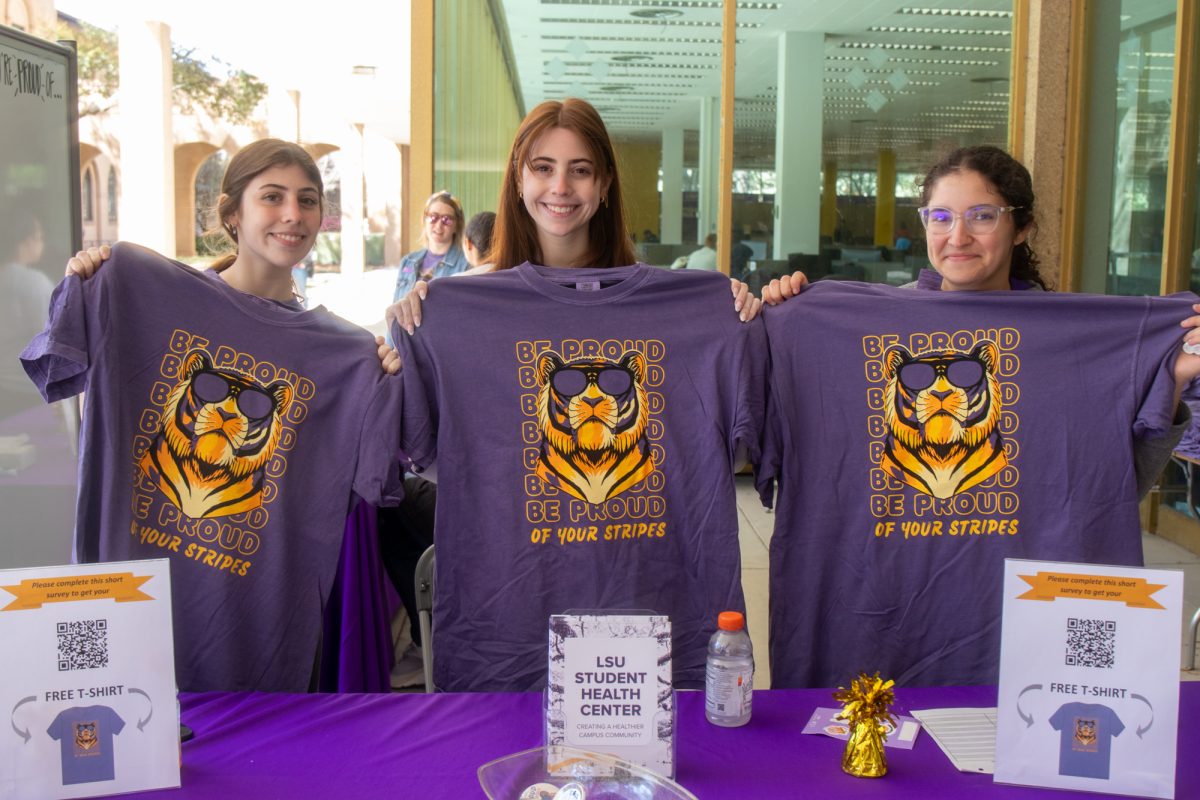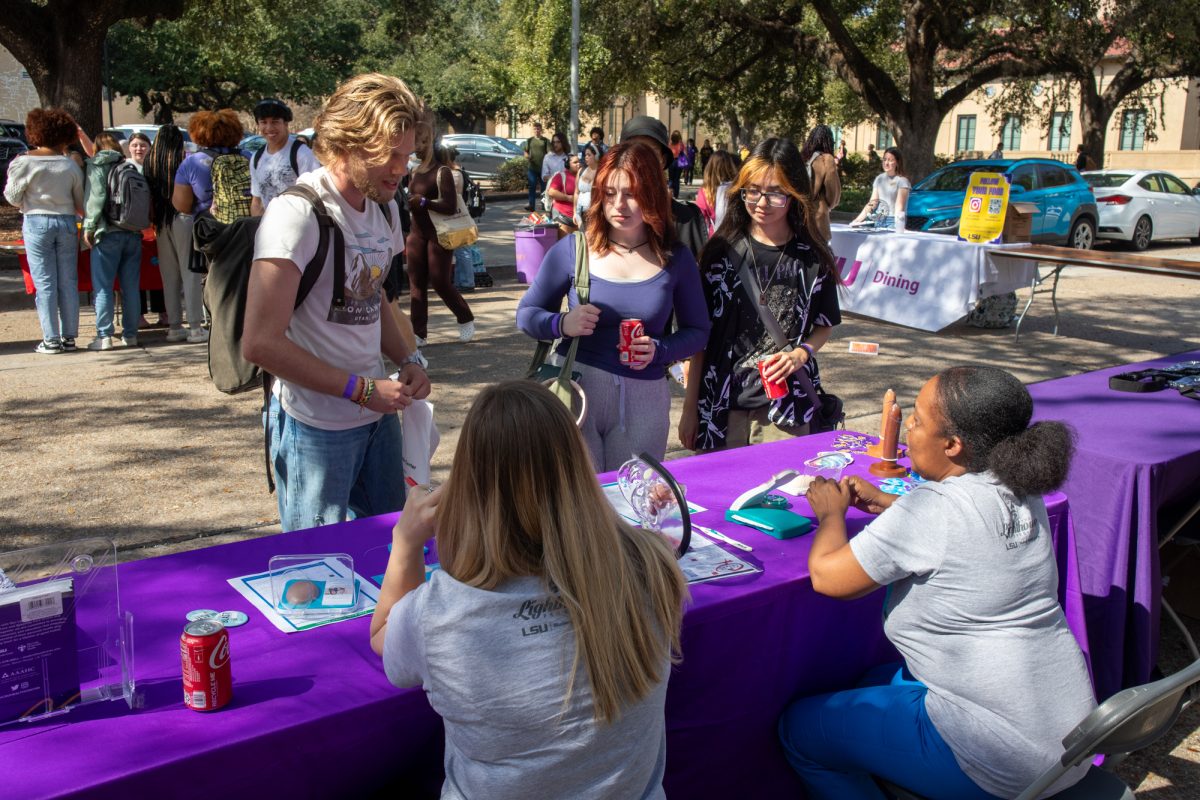Since his 2005 induction into office, Chancellor Larry Hollier of the LSU Health Sciences Center has prioritized the healthcare needs of Louisiana’s rural communities.
Article Summary: |
|
|
|
According to the Louisiana Department of Health and Hospitals, 49 of the state’s 64 parishes are classified as geographic shortage areas for primary care physicians, and the vast majority of these areas are designated as rural communities of the state.
However, the mission of providing these underserved rural areas of the state with competent physicians proved more difficult to accomplish than initially envisioned.
“It’s very hard to get people to go back into a rural community once they’ve lived for four years in a major city,” Hollier said. “Many students come from a small town and initially think they want to go back there [to practice], but they get sidetracked along the way. We felt that if we could put them in more of a rural setting during training, it’d be beneficial.”
The Rural Scholars Track at the LSUHSC School of Medicine—New Orleans was established to recruit physicians to Louisiana’s rural populations, which constitute nearly 32 percent of the state’s total. It’s now the nation’s most successful program at providing rural communities with qualified physicians.
The first two years of medical school for students in the RST program are virtually the same as other students in the School of Medicine, but the similarities end there.
During the following two years, RST students are required to work one day per week with a primary care specialist in a location that’s a designated rural area in addition to undergoing their clinical rotations at the University Medical Center in Lafayette.
Hollier said the RST program had only moderate uptake in its beginning, and he acknowledged more steps had to be taken in order to meet the needs of the state’s rural parishes.
“I talked to the faculty about expanding the class without changing anything else because our budget was fixed at the 180 students that we had,” Hollier said. “We gradually started offering more to students.”
To provide a greater incentive, RST students are now eligible to have their four-year tuition waived if they sign a contract agreeing to practice primary care medicine in a designated rural area in Louisiana for at least five years once they’ve completed their residency training.
If students don’t meet these obligations, they are required to repay twice the amount of tuition.
The RST program in Louisiana is now the most successful program in the country in getting physicians to practice in rural communities, with a national high of 73 percent of its graduates setting up practices in these areas.









